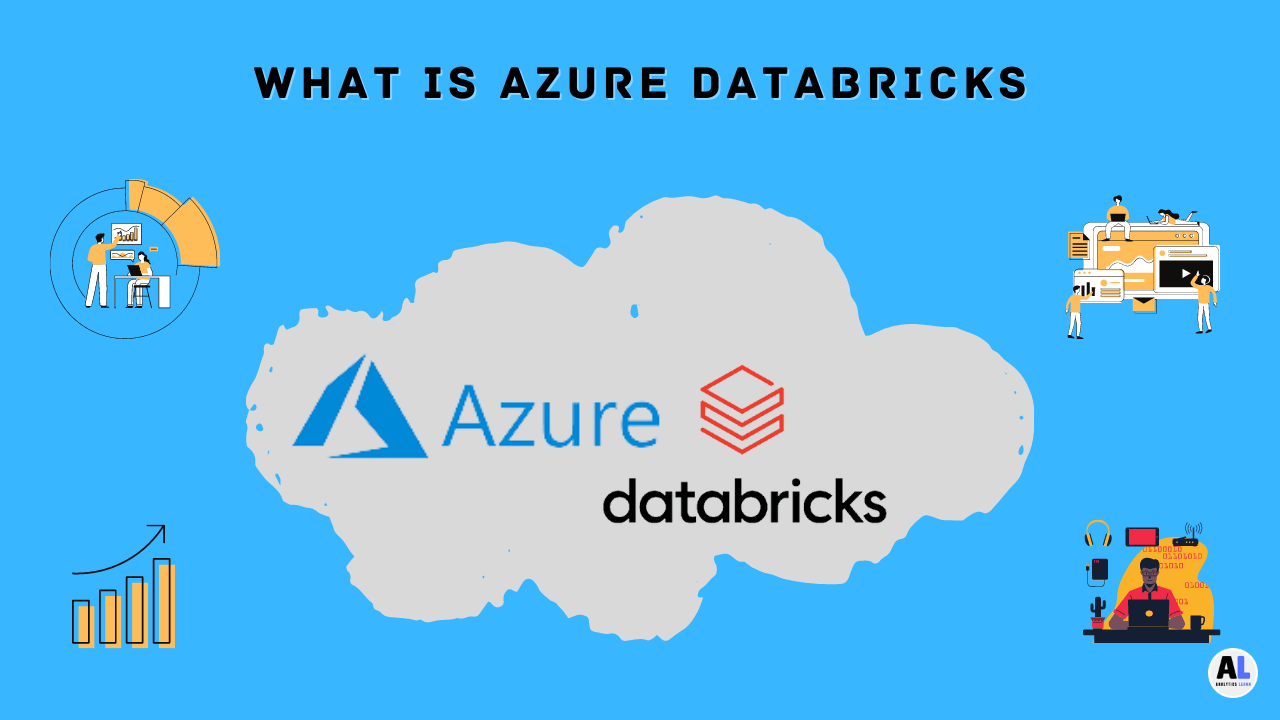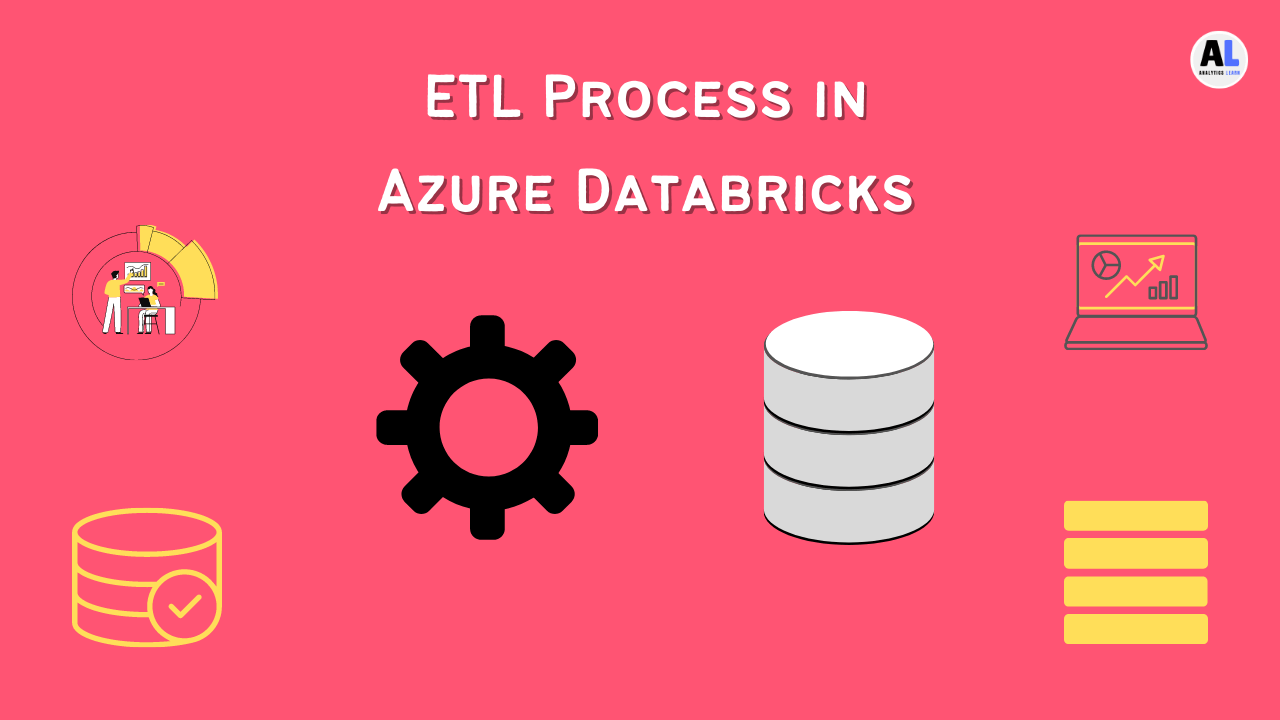In this Agile Guide, you are going to learn about What is Agile Methodology in DevOps? and how it helps to streamline the development process.
An agile methodology is a popular approach to software development that helps teams respond to change quickly.
It’s often used in conjunction with DevOps, a practice that helps organizations speed up the delivery of software and services.
What is Agile Methodology?
The Agile methodology is a software development process that is designed to allow for rapid and flexible responses to changes in requirements.
The agile methodology emphasizes iterative and incremental development where cross-functional, self-organizing teams collaborate to develop requirements and solutions.
There are several different types of Agile Methodologies, each with its own set of benefits and drawbacks, The most popular Agile Methodologies are Scrum, Kanban, and XP.
What is DevOps?
DevOps is a term that has been around for a few years now, but there is still some confusion about what it means.
In short, DevOps is a philosophy and set of practices that emphasize communication, collaboration, and integration between software developers and IT operations professionals.
The goal is to improve the flow of information and reduce the time it takes to bring new features and fixes to market.
One of the key principles of DevOps is the idea of continuous delivery, which means that changes are constantly being made to the codebase and pushed out to production in small batches.
This allows for quick feedback and corrections, which in turn leads to better-quality software.
DevOps also encourages the use of automation wherever possible, Automated tasks can be run more quickly and reliably than those that are performed by hand, which helps to speed up the development process.
Overall, DevOps is a way of thinking about software development and IT operations that can lead to improved communication and collaboration between teams.
It can help to streamline the process and reduce the amount of time it takes to get new features and fixes into production.
Related Article: How to Use Azure DevOps for Your Project?
Key Practices for Using Agile Methodologies
The first step in using Agile Methodologies is understanding what they are and how they work, Agile Methodologies are a way to manage projects and teams using principles of flexibility and constant improvement.
The main goal is to allow for changes and adaptations to be made as the project moves forward. There are a few different Agile Methodologies, but the most popular are Scrum and Kanban.
Once you have a general understanding of Agile Methodologies, the next step is to start using them. This can be a little tricky, as each organization will have their own way of doing things.
The best way to get started is to find an Agile coach or mentor who can help guide you and your team through the process and the online resources and forums for better understanding.
Being flexible and willing to adapt is key to success with Agile Methodologies, as things may not always go as planned.
The important thing is to constantly be looking for ways to improve and make your team more efficient.
No one agile methodology is perfect for everyone.
You need to find the one that fits your specific needs and situation. But with so many options available, there’s sure to be one that’s a perfect fit for you.
How is Agile Methodology Used in DevOps?
The Agile methodology is often used in DevOps to help manage and coordinate software development.
It can help to ensure that everyone on the team is on the same page and that changes and updates are made promptly.
This can help to improve collaboration and communication between developers and operations staff and can lead to faster, more efficient software development.
Benefits of using Agile Methodologies
There are many benefits to using Agile Methodologies, some of which are listed below:
1. Increased Efficiency – Agile Methodologies allow teams to work in short, iterative cycles, which leads to increased efficiency and productivity.
2. Increased Communication – Agile Methodologies encourage regular and timely communication between team members, which helps to ensure that everyone is always on the same page.
3. Increased Flexibility – Agile Methodologies are very flexible, which allows them to be adapted to fit the specific needs of each team.
4. Increased Productivity – Agile Methodologies help to ensure that teams are constantly productive, which leads to better results in less time.
Benefits of Using Agile Methodology in DevOps
- The agile methodology has many benefits that can be seen in the DevOps culture, When used together, the two can help to increase the speed and quality of software delivery.
- The agile methodology is an iterative process that allows for regular feedback and helps to ensure that the end goal is always in sight.
- This provides a framework for collaboration and communication that is needed in a DevOps environment.
- The agile methodology also allows for changes to be made quickly and easily, which is important when dealing with constant change in a DevOps environment.
How to Implement Agile Methodology in DevOps?
The agile methodology is a popular framework for software development that is often used in conjunction with the DevOps methodology.
Implementing agile in a DevOps environment can be challenging, but there are a few tips that can help make the process smoother.
- First, it is important to understand the basics of agile and how it works. The agile methodology is based on the idea of iterative and incremental development, meaning that features are added in small batches and then tested and refined. This allows for quick feedback and allows the team to adapt to changes as they occur.
- Second, it is important to have a dedicated agile coach or mentor who can help guide the team through the agile process. The agile coach can help with things like setting up sprints, tracking progress, and resolving conflicts.
- Third, it is important to have the proper tools and infrastructure in place to support agile development. This includes things like a version control system, a build server, and automated testing tools.
- Fourth, it is important to have a clear goal and vision for the project. The agile methodology is a flexible framework, and it can be used for a variety of projects. However, it is important to have a clear idea of what you want to achieve before starting the project.
- Finally, it is important to be patient and allow the team to adapt to the agile methodology. Implementing agile in a DevOps environment can be a big change, and it will take time for the team to adjust. Be patient and allow the team to learn and grow into the new process.
Challenges of Using Agile Methodology in DevOps
Many challenges come with trying to use an agile methodology in a DevOps environment.
- One of the biggest challenges is that the DevOps culture often clashes with the agile way of working.
- In a DevOps environment, the focus is on speed and automation, while the agile methodology focuses on collaboration and working in short cycles.
- Another challenge is that the DevOps tools often don’t fit well with the agile tools, which can lead to a lot of fragmentation and duplication of work.
- And finally, the biggest challenge is that the agile methodology is often seen as being too lightweight for complex DevOps projects.
Conclusion
In conclusion, agile and DevOps are two separate concepts, they often work together to help organizations achieve their goals.
DevOps is the practice and the way shows how the development should operate whereas Agile is the Software development process or SDLC which defines the different stages of Software development.
If you’re looking to improve your software development process, it’s worth learning more about both agile and DevOps.
Related Article: Azure DevOps CI CD Pipeline Step-by-Step Guide

Meet Nitin, a seasoned professional in the field of data engineering. With a Post Graduation in Data Science and Analytics, Nitin is a key contributor to the healthcare sector, specializing in data analysis, machine learning, AI, blockchain, and various data-related tools and technologies. As the Co-founder and editor of analyticslearn.com, Nitin brings a wealth of knowledge and experience to the realm of analytics. Join us in exploring the exciting intersection of healthcare and data science with Nitin as your guide.










